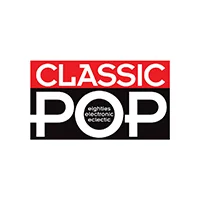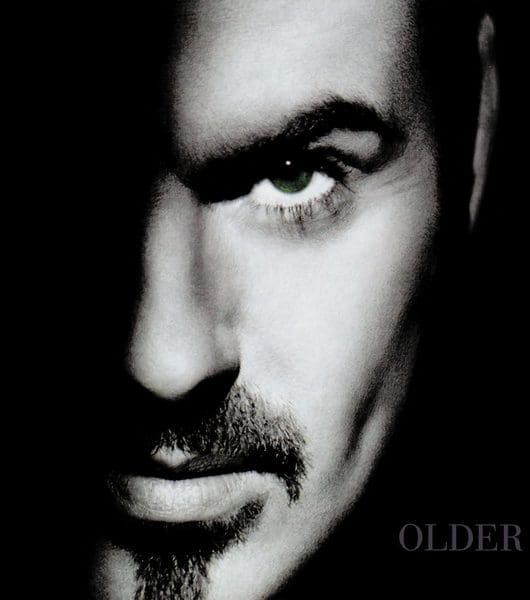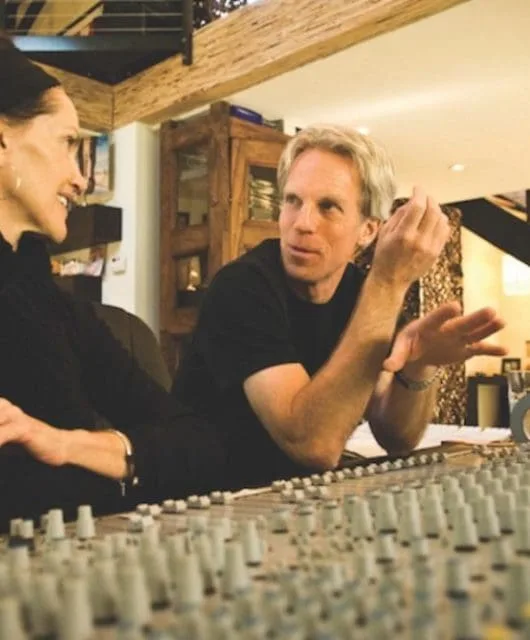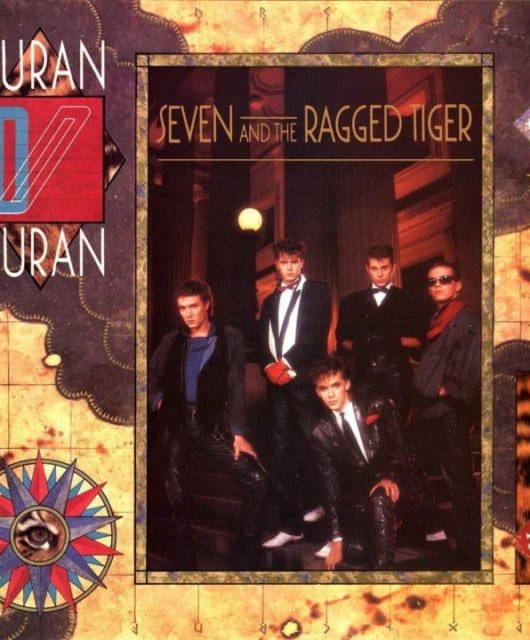Only You: Yazoo interview
By Classic Pop | January 7, 2019
With Only You, Yazoo became one of the most popular synth-pop bands of the 80s. Classic Pop looks back with Vince Clarke and Alison Moyet. By Wyndham Wallace
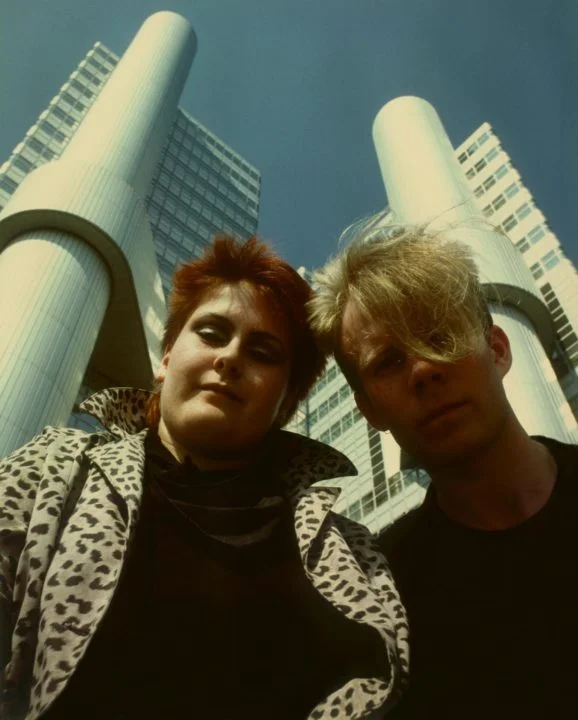
Vince Clarke pulls a can of Modelo out of a well-stocked fridge in the lavish backstage surroundings of Los Angeles’ Wiltern Theatre. In just a few hours, he and his Erasure partner, Andy Bell, are due to perform the second of four sold-out shows to an audience of nearly 2,000. These will be the last dates of a global tour that’s lasted the entire year, as well as the culmination of an exceptionally busy period in the band’s career, one which has delivered two contrasting but intertwined releases – World Be Gone and World Beyond – as well as a live album, World Be Live. No wonder he spent the day before with his wife and son at the beach.
Such an occasion, however, is a strange time to discuss Yazoo, the short-lived band Clarke formed with singer Alison Moyet in late 1981, soon after his departure from Depeche Mode, who’d just released their Top 10 debut album, 1981’s Speak & Spell. Quite apart from the fact Clarke will soon be soaking up the adulation he and Bell have earned over nearly 20 albums, the synth maestro isn’t one for looking back. Whether or not a four-disc vinyl set of Yazoo’s two albums, Four Pieces, accompanied by their long-coveted BBC Radio sessions, is on the horizon, Clarke prefers to dwell in the present. “My life isn’t Yazoo,” he states firmly, though amicably. “My life isn’t Depeche. It’s what I do now, and it has been for 33 years.”
Clarke has further reason for not being especially excited by the prospect of dredging up the past. For both him and Moyet, the 18-month spell during which they worked together was not notable for its contentment. Furthermore, a decade ago – having barely spoken during the intervening years – Yazoo at last reunited, putting to rest many of the ghosts that still hovered over their band’s prematurely deceased corpse. They’d split on the eve of the release of 1983’s You And Me Both, only their second album, and yet there they were in 2008, finally playing its songs across Europe and the United States. They even reformed again in 2011, albeit briefly, performing three songs at London’s Roundhouse as part of Short Circuit, a celebration of their label, Mute Records. Having made this surprise appearance, however, it looked like closure had been achieved. Job done. Show’s over. Mission accomplished.
“I kind of thought that that was it, really, and we wouldn’t be talking about it again,” Clarke agrees candidly, only moments after he’s settled on a plush blue sofa. “I’m really not interested in the re-release. The only thing that I’m interested in is in them not releasing stuff that’s naff.”
Thousands of miles away, just a couple of weeks later, Alison Moyet is also initially wary of digging up old graves. “I can’t say I’m interested in reissues either,” she writes in an email typed, she confides, with a broken arm. “For me, when a record is released, it’s soon forgotten. I remain lightly involved in an effort to protect my own integrity.”
Nonetheless, pragmatic with the benefit of hindsight, both soon prove happy to discuss the past, recalling the unlikely story behind their alliance and the thrill of finding themselves at the vanguard of an innovative, new musical school. Both, too, refuse to gloss over the difficulties the duo faced, acknowledging their own historical shortcomings with the same willingness they now display to forgive one another’s faults. In retrospect, this latter quality is one from which Yazoo would have benefitted. Having said that, Yazoo – right from the outset – were never built to last.
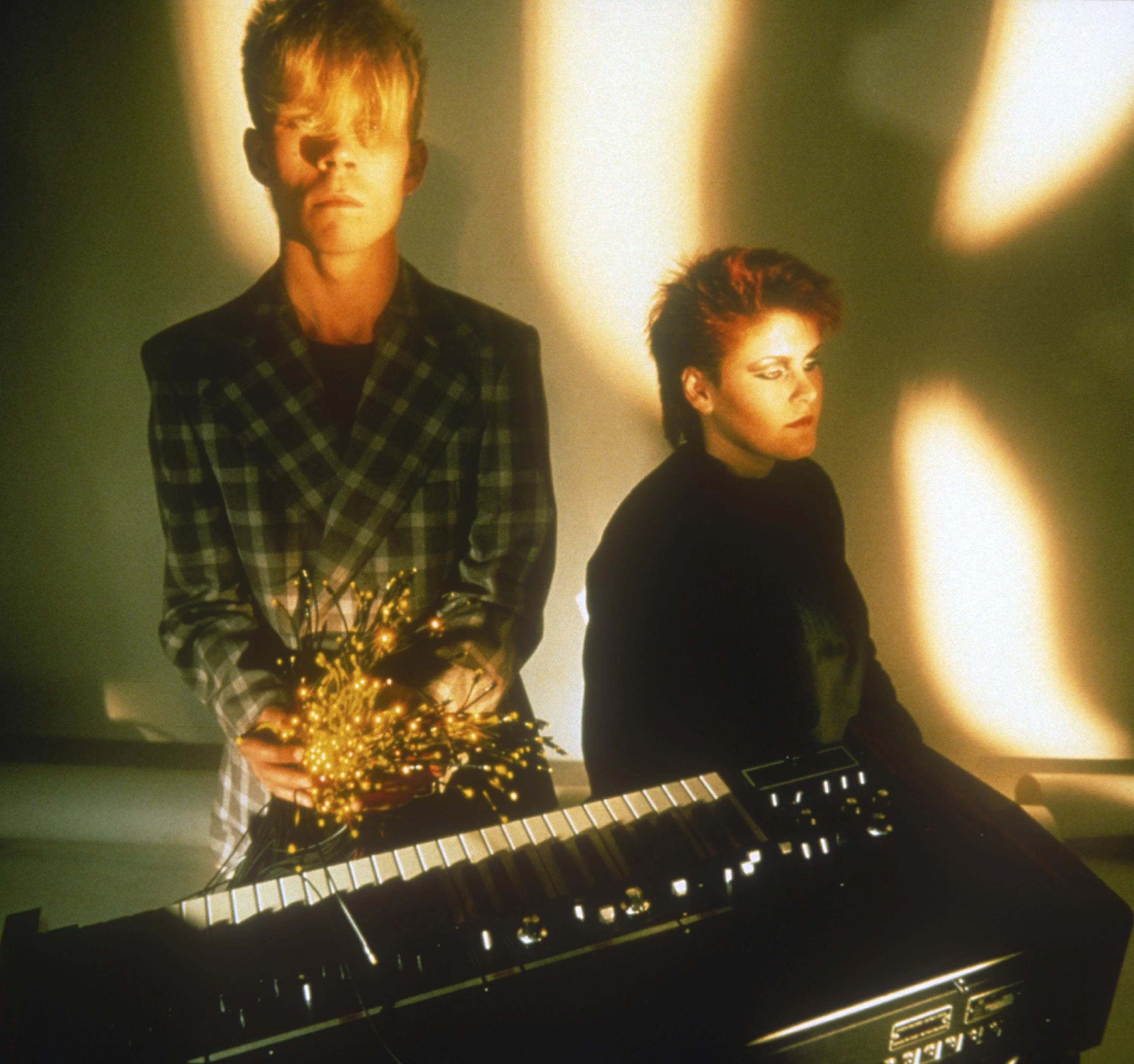
Only You: Yazoo interview – Only True
There is, arguably, only one reason Yazoo existed. It is, one might add, the main reason we remember them. When 21-year-old Clarke abandoned Depeche Mode, a band he’d co-founded little more than a year earlier, turning his back on an album for which he’d written all but two songs, he had an ace up his sleeve: Only You. Contrary to popular legend, Clarke insists he never offered the song to his former group upon his departure, but he nonetheless knew that, now he was flying solo, he’d require assistance to make something of it. It was this that gave birth to another Yazoo legend: the one about how he and Moyet met.
This time, Clarke confirms it’s true. His instincts had advised him Only You was a soulful tune, and so he’d sought a soulful voice to sing it. Soulful voices, however, weren’t easy to track down in Basildon, the post-war ‘new town’ where he’d grown up. “There was nothing there,” he states plainly. “There were council houses, but there was no grass in our garden. There was no cinema, there was nothing. It was all just about housing people.” In fact, finding anything at all there was hard. Clarke even jokes that Depeche Mode’s decision to adopt a drum machine was because “there was only one drummer in Basildon, and he played for 17 bands!”
Consequently, when he saw fellow resident Moyet’s ad in his local paper, the Evening Echo, Clarke resolved to answer it. They weren’t entirely unfamiliar with one another: Moyet had already sung in several groups, including a punk band, The Vandals, with Clarke’s best friend, Robert Marlow. “I don’t think we’d ever spoken,” Clarke notes, “but I saw them play a few times in pubs and stuff, and it was really exciting. After that, I saw Alison play in a couple of blues bands. I knew she had an amazing voice.”
Read our Album By Album feature on Alison Moyet
Top 10 Vince Clarke remixes
Moyet, though, had her own reasons for teaming up with Clarke, and when she set off on her motorbike to record the demo for Only You, she wasn’t thinking of a future together. Instead, she was hungry for access to his expensive technology. “There was never any suggestion that we would be starting a partnership,” she reminisces. “I didn’t even have a cassette player then, let alone a Portastudio, and thought this would provide me with some kind of vocal demo. I was between bands, and Vince was a local who had actually recorded. I never considered that we’d be releasing that song together.”
The session was over within an hour or so, and, had Mute boss Daniel Miller not been persuaded to reconsider his initial verdict, that might have been the last of it. “He was playing on his synth, doing the thing he loves to do,” Clarke remembers of his visit to Miller’s office in London’s Seymour Place to share the track. “I played him the song, and he just went back to his ARP 2600. I thought, ‘Right, well, that’s it. I’ll go back to what I was doing before and earn some money.’ I kind of thought it’d be like that, anyway.”
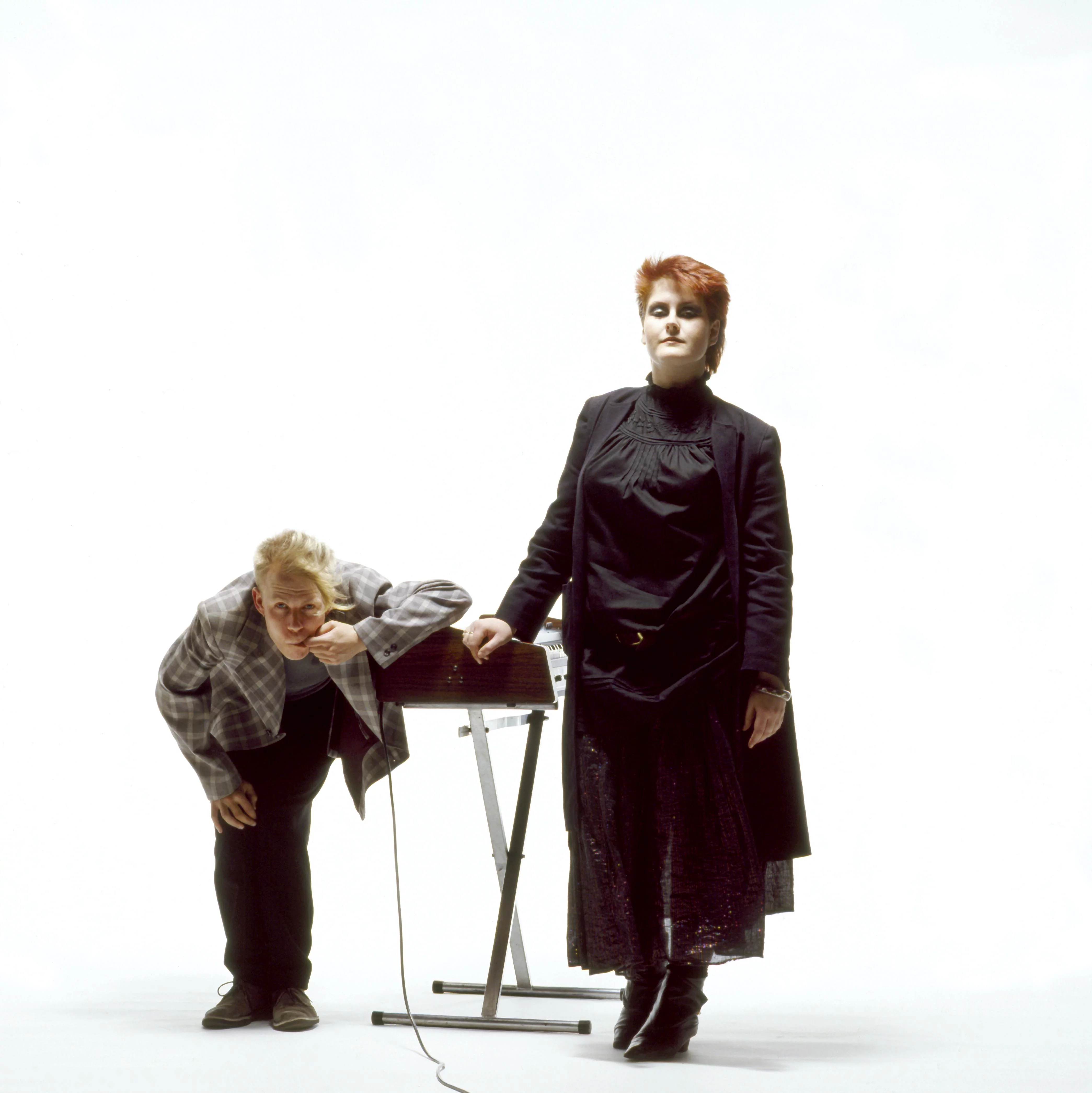
But then his publishing company’s Scandinavian division dropped by, quietly changing the path of pop history. “They all had big beards,” Clarke recalls, “like Vikings and stuff, and they heard the song and said” – he adopts a comical German accent – “‘We think this is very good song!’,” Clarke laughs. “I can’t do impressions,” he acknowledges, before continuing. “Then Daniel said: ‘Alright, why don’t you record it?’ So we did the one song, the one song did quite well, then Daniel agreed to pay for us to record an album.”
Only You did indeed do quite well, though initially, it only entered the charts at No.198. That was still good enough for Moyet. “I remember thinking with glee,” she says, “‘Fuck me! Of all of the records released this week, we’ve made the Top 200. That’s amazing!’” Clarke, however, was disappointed. He’d taken public stick from his former band ever since he’d quit, and had envisioned a redemptive return to the charts’ upper reaches. He just needed to bide his time. “The amazing thing about that first record,” he grins, “was it just went up and up and up.” In fact, it only stopped at No.2. “I felt a little bit…” Clarke adds, searching for the right word, “…vindicated.”
A year later, the song was reanimated, allegedly earning Margaret Thatcher’s endorsement and this time topping the Christmas charts. Clarke and Moyet, though, were nowhere to be seen: the version was by The Flying Pickets, an a cappella group whose socialist beliefs had presumably escaped Thatcher’s notice. Their success helped ensure Only You became a part of Britain’s musical fabric, but Moyet remains a little circumspect about the manner in which they owned it. “I don’t resent them,” she says. “Fair dos. [But] I do resent being told I’m covering them.”
Clarke, on the other hand, has only positive sentiments. “I loved them!” he beams. “They were so nice. And also, they were on the right side.” He may, though, have additional reasons to appreciate them, as Moyet drolly intimates. “Vince might have a house or two with their name written on it. I can well believe he was delighted!”
Only You: Yazoo interview – We’re Laughing Now
For a while, the music came easily. Yazoo’s next recording sessions – undertaken to provide Only You with a B-side – yielded Don’t Go, immediately deemed too good to squander. Their subsequent effort, Situation, was similarly impressive: it was promoted to A-side as their first single in the US, where it soon broke the Top 75. Oddly, Moyet’s unaffected laugh, which appears early in the track, also ended up being sampled by countless artists, including Los Del Rio on Macarena and Samantha Fox on I Wanna Have Some Fun.

Clarke and Moyet, though, weren’t having much fun. The cracks in their already superficial relationship now ran so deep that Vince needed encouragement to record an album at all. Making matters worse, things didn’t improve at London’s Blackwing Studios, where Clarke’s bond with its owner, co-producer Eric Radcliffe, was so tight the album, Upstairs At Eric’s, was named after him. “He was a genius,” Clarke reports, “and he was generous in sharing his knowledge.”
With tension rising, they persevered, but “early on,” Clarke confesses, “Alison and I worked out that she was really bored with me programming, and I was really bored with her singing, so we weren’t together. It was separate sessions.” This dynamic came to define their working methods for the rest of the band’s existence. But it wasn’t all bad. “We did, of course, have brilliant moments,” Moyet avers. “We could not, each of us, fail to hear when the magical things happened, and we were not remotely displeased by the wonderful reception. Far from it. Vince was floating with Yazoo. Depeche had struggled with their first releases without him. We came out of the box flying.”
Read more: Top 20 Vince Clarke remixes
Read more: The cover art of Vince Clarke
And fly they did indeed. Second single Don’t Go took them to No.3, while Upstairs At Eric’s went Platinum in both the UK and US. Conflating musique concrète with simple melodies – evident in both Moyet’s passionate, bluesy growl and Clarke’s ingenious synth lines – it revealed a more complex musical world than the singles suggested, one that could also assimilate the experimental cut and paste of I Before E Except After C and In My Room, as well as Moyet’s bleak piano ballad, Winter Kills. “The problem for me,” Moyet says, “came with being a massive mainstream success. Odd looking as I was, it was easy to stand out in a crowd. I had no one at my back. No mates in the label. No bandmate to celebrate the highs or to help carry the lows, or to walk with when the braying came. We were already estranged when we set off for our first tour. He was tired. I was caught unawares. We were kids.”
Only You: Yazoo interview – Control, Not Confrontation
According to Clarke, on the tour that followed Upstairs…’s August 1982 release: “Alison and I weren’t getting on very well. We had no rapport.” Of the shows themselves, he adds: “Alison was out there on her own. I was out there on my own.” In truth, only the fear instilled in Clarke by the business figures surrounding him – that, were he to quit now, he’d be seen as a serial band bailer – persuaded him to return to the studio for a second album. There, things only got worse.
“In the beginning, with Upstairs…,” Moyet writes, “we were excited, and had purpose and discovery to embrace, and points to prove, and art to play with. On You And Me Both, we had already fallen out, and Vince had had enough. He called and said his publisher had told him he must be involved in another Yazoo album, so he was. I was not ready to quit. I went along with that. Sometimes we had kind days and communication. Often, though, it was just sad and desperately lonely.
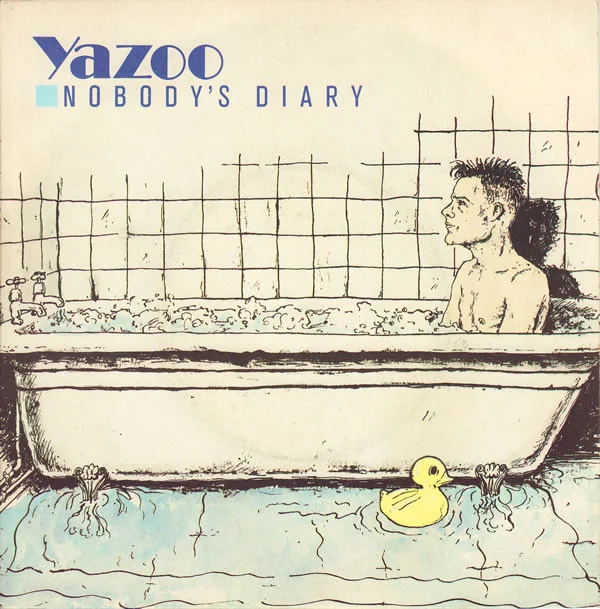
“Vince was distant to begin with,” she continues. “His first band relationship had recently ended, leaving him remote and sore. We were in the studio, and never in the pub getting to understand one another. I was never meant to be a replacement. I suspect I was a ‘Fuck you’. Either way, I was also a troubled character. I come from a combative, no holds [barred], loud family, and what to me seemed passion appeared to many as unbearable aggression. I get that. He wasn’t up for more confrontation. He wanted more control. He had earned it. I was not one to follow. It was uncomfortable.”
Nonetheless, preceded by a single – Nobody’s Diary, written by Moyet, which went to No.3 – that second album, again recorded with Radcliffe, topped the UK charts. It maintained their musical ambitions, spanning the more challenging minimalism of Ode To Boy, also written by Moyet, with Clarke its secret protagonist, and the saccharine rush of Sweet Thing. But the melancholy of their situation perhaps infiltrated its sound: unsurprising, given that they’d already announced their split a couple of months before its release.
Even now, Moyet is dissatisfied with some songs. “I refused to sing Happy People, so Vince sung it instead and consequently had a massive hit with it in Poland. Good Times is a bit wank, evidence of what a lack of unity sounds like. My most reviled is The Other Side Of Love: hideous stream of arse juice!” Clarke simply states that: “I was too young. I hadn’t written enough songs. I was too naïve.”
In fact, Clarke is somewhat dismissive of most of their achievements, relegating much of their work to juvenilia status. “It’s not like I listen to Yazoo,” he says. “At the end of the day, we only did two albums, and people only really remember three tracks. At the time, I thought all the tracks were amazing! But they don’t have longevity. We were really grateful, don’t get me wrong. We did really, really well, really, really quickly. But it wasn’t a happy time. I don’t think it was a happy time for Alison either.”
35 years on from their split, Moyet and Clarke definitely agree Yazoo was not such a great place to live. Yet both seem willing to concede it’s not, after all’s said and done, such a bad place to visit. That they’ve gone on to enjoy success separately in the decades since their split no doubt mitigates the conflicts of those early days. But maybe there’s a more significant reason for their equanimity.
As Moyet concludes: “Sometimes, to quote Spinal Tap, fire and ice lead to lukewarm water. Other times, it’s a book in Game Of Thrones. We were destined to die, but fuck me: dragons!”
Check out Erasure’s official website
